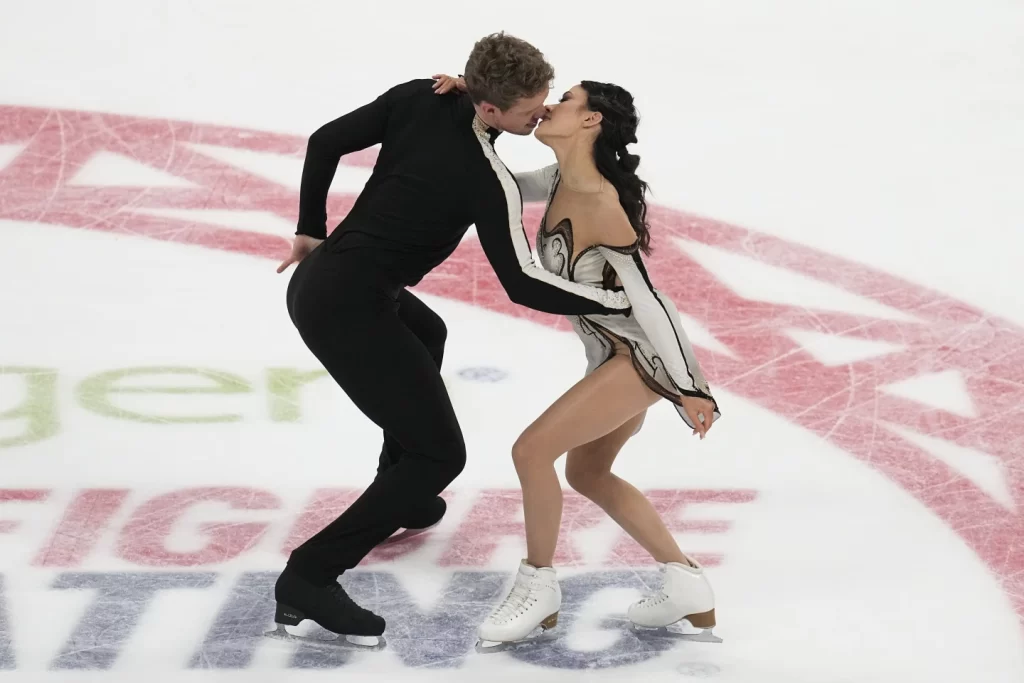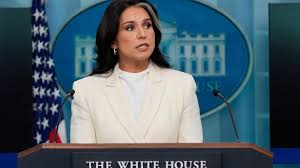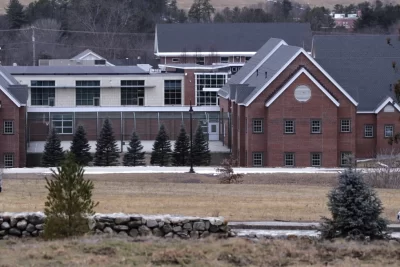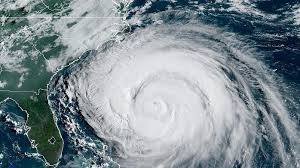
Members of the U.S. Olympic figure skating team learned late Monday they will receive gold medals now that Russian skater Kamila Valieva has been disqualified for doping at the 2022 Winter Games in Beijing.
The U.S. Olympic and Paralympic Committee received word that the IOC would award the gold to the U.S. for the team competition, which was thrown into turmoil after Valieva’s positive test from six weeks before the competition was revealed.
The Associated Press obtained a copy of an email sent from the IOC to the USOPC saying it “is now in position to award the medals in accordance with the ranking, which has to be established by the International Skating Union” — the federation in charge of running the event at the Olympics.
The USOPC confirmed that CEO Sarah Hirshland had received the news that the Americans were declared the winners.
The IOC said it had “great sympathy with the athletes who have had to wait for two years to get the final results of their competition. The IOC will contact the respective (national Olympic committees) in order to organize a dignified Olympic medal ceremony.”
Still uncertain is how Valieva’s disqualification will affect the silver and bronze medals. Japan finished third and is likely to move to second. Depending on how a scoring rule is interpreted, Russia could still finish third — ahead of Canada — even after deducting Valieva’s points from the two events she skated in during the team event.
The Americans to receive the gold medals are Evan Bates, Karen Chen, Nathan Chen, Madison Chock, Zachary Donohue, Brandon Frazier, Madison Hubbell, Alexa Knierim and Vincent Zhou.
It has been a long two years for all involved. Last summer, the U.S. Olympic and Paralympic Museum marked the 500-day milestone since the Olympics by displaying the empty boxes the skaters received that were supposed to contain medals that were not handed out in Beijing.
Over the weekend, Chock and Bates won their fifth U.S. title and were asked about the pending decision.
“I think two years is too long for this decision to be made, and we may never know why it has taken this long,” Bates said. “We’re just looking forward to getting some closure after a long waiting period.”
There was no immediate word on where a medals ceremony might take place. The USOPC said it was starting the process of finding a suitable time and place to award its skaters the gold. Skating’s world championships are in Montreal in March.
Valieva will end up empty-handed. The decision earlier in the day by the Court of Arbitration for Sport banned the Russian for four years dating back to Dec. 25, 2021 — the date of the positive test. The sanction vacates Valieva’s results after that date; it will end about two months before the next Winter Games in Italy.
Russian authorities criticized the ruling.
“Of course, we don’t agree with this. From my point of view, of course, it’s politicized,” said Kremlin spokesman Dmitry Peskov.
The IOC decided against having a medals ceremony in Beijing, where Valieva, who was 15 at the time, was the star performer only hours before her positive test for a banned heart medicine was revealed.
The case triggered legal chaos, in part because her sample had been taken six weeks earlier at the Russian championships but was not reported as a positive test until Feb. 7, 2022.
Multiple appeals and hearings ensued and have been ongoing for the nearly two years since the Olympics. A Russian sports tribunal had cleared Valieva of any blame because she was a minor. The CAS upheld appeals led by the World Anti-Doping Agency, which asked the court to disqualify Valieva from the Olympics and ban her.
The judges decided that, according to Russian anti-doping rules, Valieva could not get leniency for having been a minor at the time of the positive test.
There was “no basis under the rules to treat them any differently from an adult athlete,” said the court, which did not publish its detailed verdict pending a review of confidentiality issues.
After Russia invaded Ukraine, the international skating federation barred Russians from international competitions. Valieva, who turns 18 in April, has skated on an expanded Russian national circuit and in TV events and ice shows. But she has twice been beaten by younger Russians from the training group run by her coach, Eteri Tutberidze.




